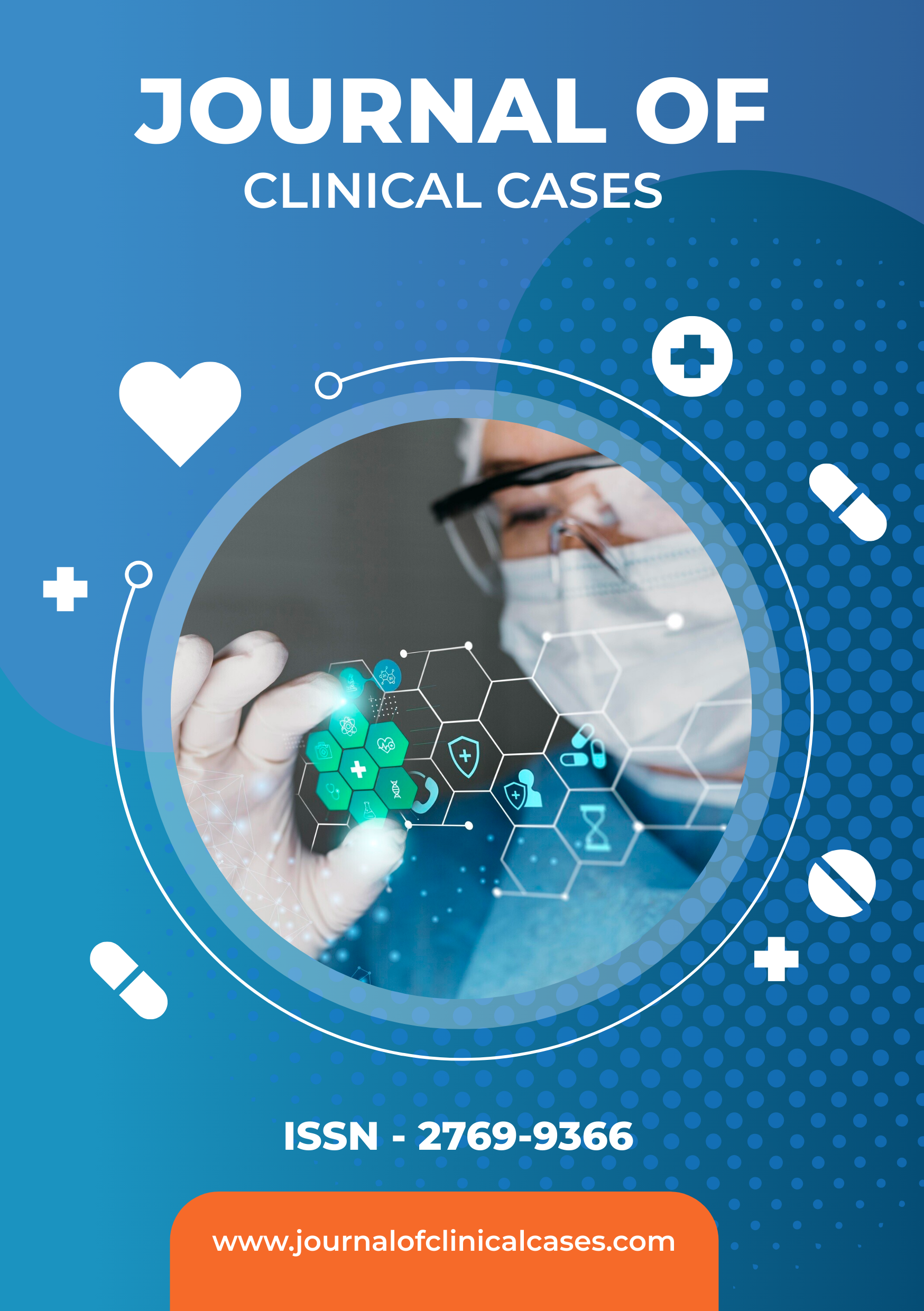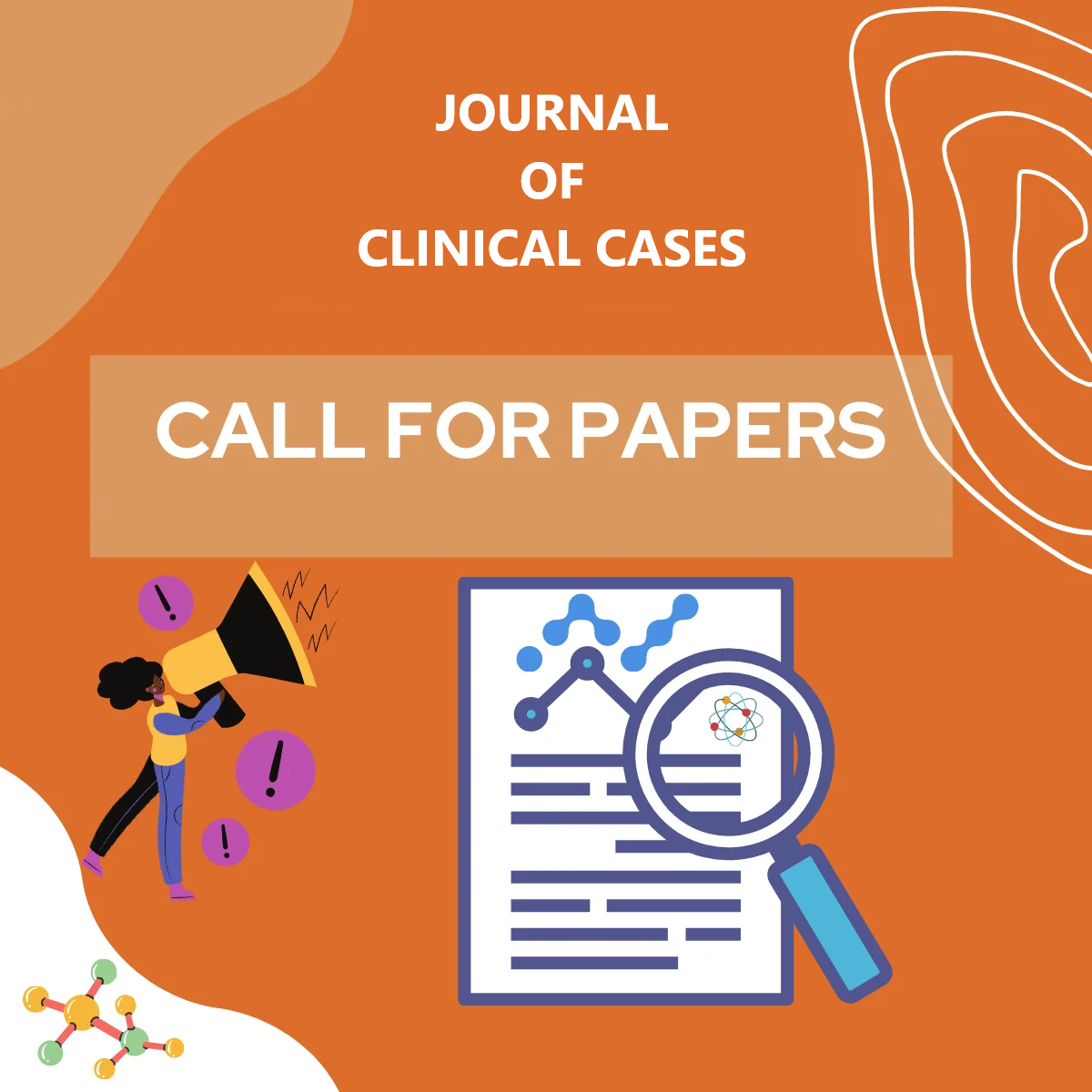Journal Citations
- Crossref
- PubMed
- Semantic Scholar
- Google Scholar
- Academia
- SCRIBD
- ISSUU
- Publons
- MENDELEY
Share This Page
Journal Page

A Rare Case Of Thymus Lipofibroadenoma
AV Shilov, AM Avdalyan, AS Shargin, NV Boriskin, AV Levitsky and DN Protsenko
Department
Moscow State Budgetary Institution of Health Care “Moscow
Multidisciplinary Clinical Center “Kommunarka” of the Department of
Health of the City of Moscow”, 8/3, Sosensky Stan street, Kommunarka,
108814. Moscow State University of Medicine and Dentistry named
after A.I. Evdokimov, 20/1, Delegatskaya street, Moscow, 127473. The
Russian National Research Medical University named after N.I. Pirogov,
1, Ostrovityanova street, Moscow, 117997. Peoples’ Friendship University
of Russia, 6, Miklukho-Maklaya street, Moscow, 117198
UK
Corresponding Author: Avdalyan Ashot
Published Date: 06 Feb 2023; Received Date: 24 Jan 2023
ABSTRACT
1.1. Background: Infants often have gastroesophageal reflux disorder
(GERD), and Cisapride is prescribed for treatment. This study aimed to
assess the effectiveness of Cisapride in treating GERD in newborns while
considering its adverse effects and its removal from the market.
1.2. Methods: A meta-analysis is performed on randomized clinical trial
studies conducted on Cisapride over the period 1987 to 2000, using the
fixed-effect and random-effect models. Twelve clinical trials, with 512
infants (284 Cisapride treated and 228 Control Group) were chosen.
1.3. Results: According to a clinical score with a -0.72 weighted mean
difference (WMD), a 2.94 quantile difference, and a P-value of 0.78, there
is no evidence that Cisapride reduces the risk of vomiting, arrhythmia,
or esophagitis compared with alternative treatments. 24-hour esophageal
pH measurements found that the mean reflux rate was somewhat lower
in Cisapride-treated neonates. Two trials indicated that Cisapride therapy
was ineffective, with a WMD value of 5.34 and a confidence interval (CI)
ranging between -8.41 4.81. Six studies indicated the same efficacy of
Cisapride and Control with WMD -0.42 and CI value of 0.47.
1.4. Conclusion: There was no significant variance in unfavorable
conditions. Cisapride showed no clinically significant effects in infants
with GERD.

